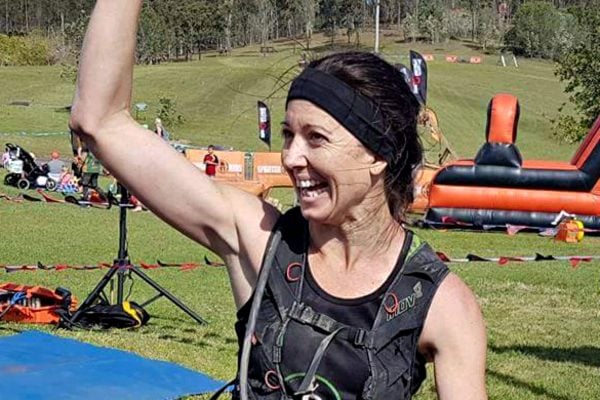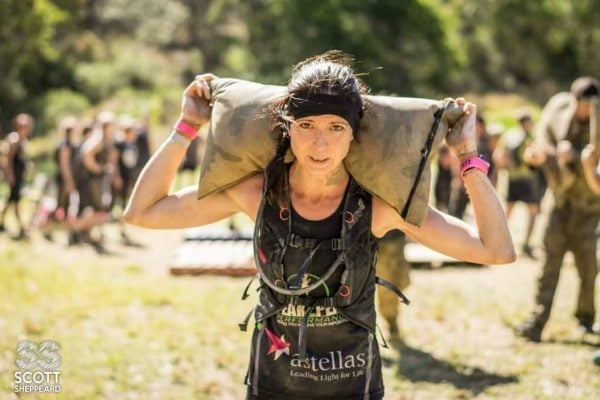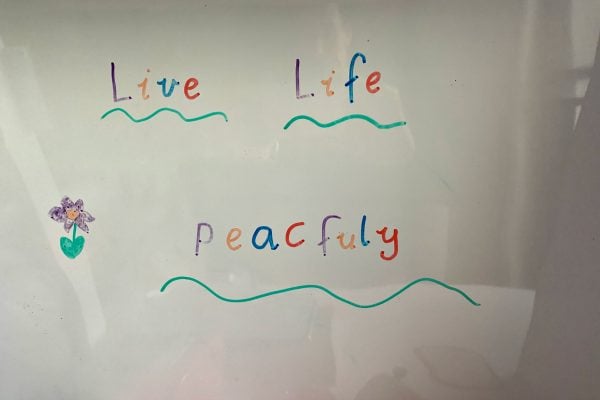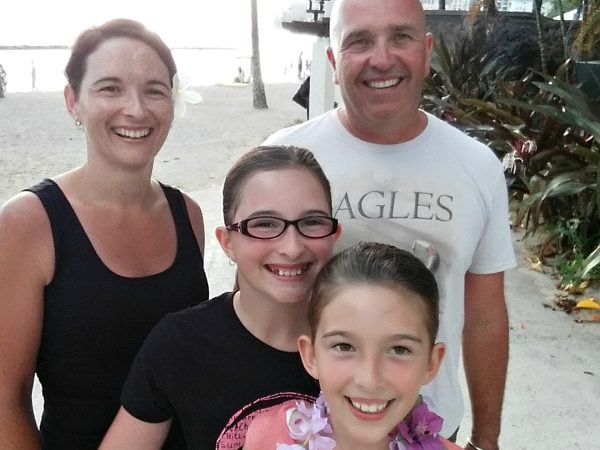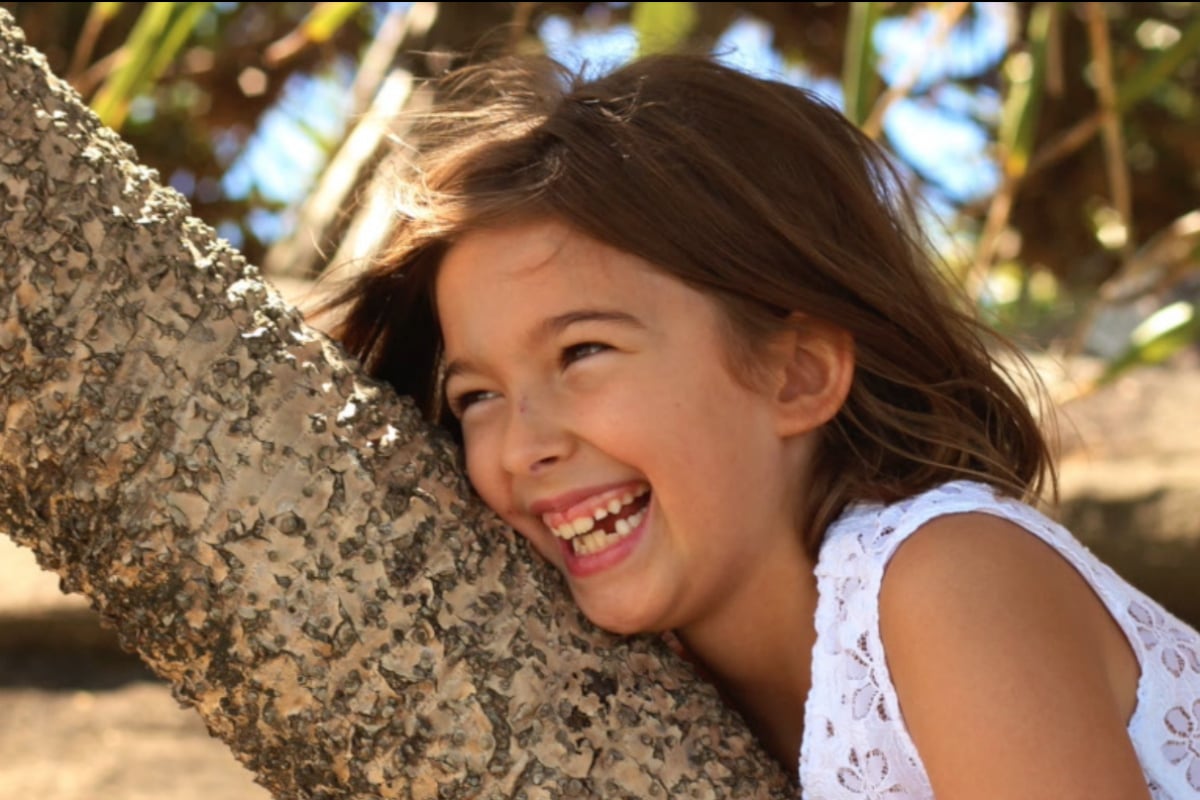
It’s not surprising that friends Kate Clark and Karina Bombski met at the gym. The Queensland women have the kind of approach to their health that most of us only manage as part of short-lived New Year’s resolution.
But to them, exercise isn’t about weight loss or sculpting or firming up.
For Karina, who lost her 10-year-old daughter in a tragic accident, marathons are a way of focusing the mind, moving forward, one step at a time. For Kate, who spent her entire adolescence battling a crippling liver disease, obstacle course races are a celebration of what her body can do since she received a transplant two decades ago.
By keeping healthy and exploring her potential, Kate, 38, hopes to be an example to her friend, a person who, like her own anonymous donor’s family, made a selfless decision to donate a loved one’s organs. Karina’s little girl, Sophie, ended up saving and changing several lives.
“I hope that Karina can see how I live my life and the gratitude that I have shown, and that she knows that there’s somebody else out there that will have the same respect and gratitude towards Sophie,” Kate said. “It’s important that she feels she made the right decision to donate, because she’s given people like me the opportunity to live their best life.”
In 2018, 1,782 lives were transformed by 554 deceased and 238 living organ donors and their families. But there are still more than 1,400 people on the transplant wait list.
Kate knows that limbo all too well.

